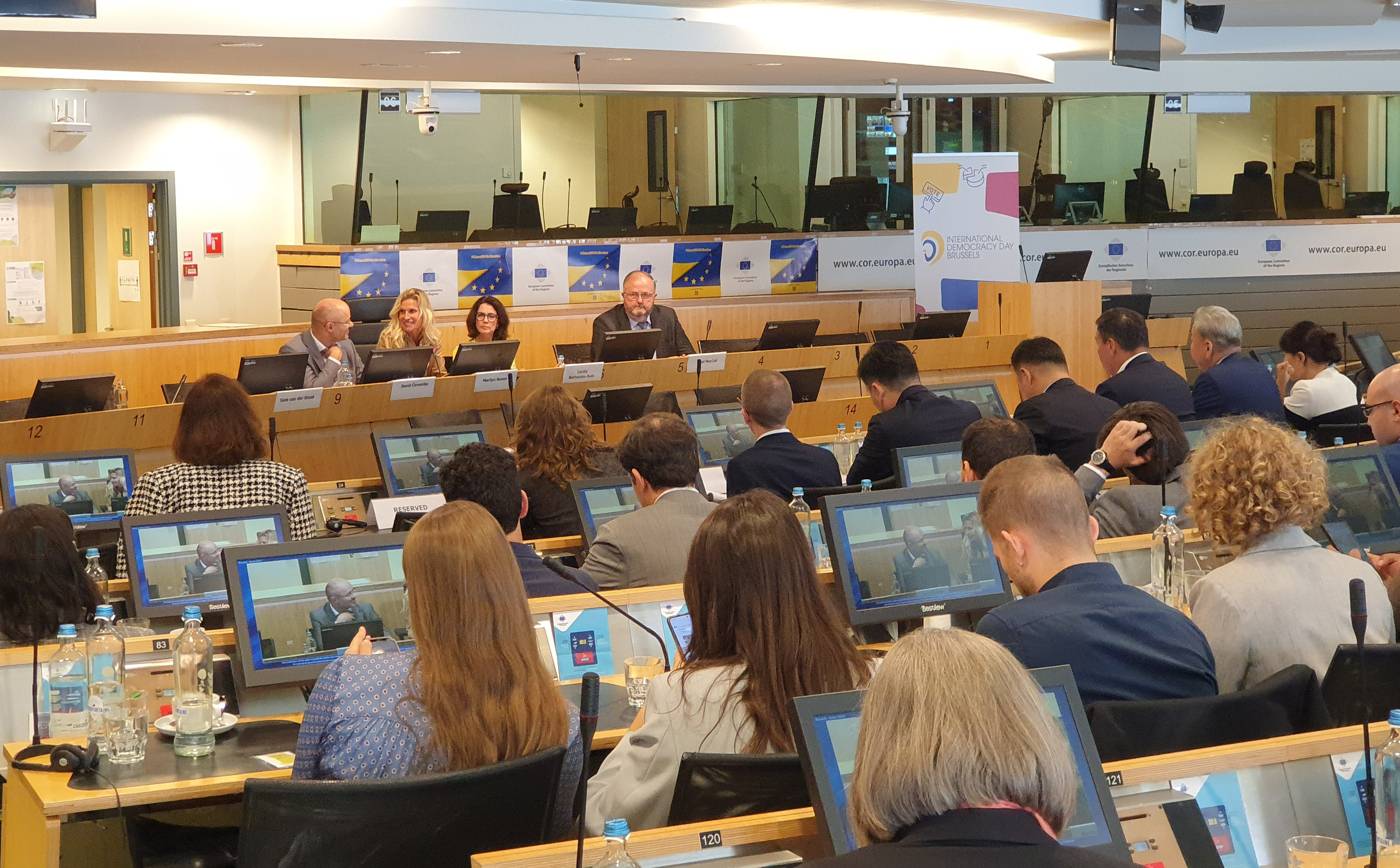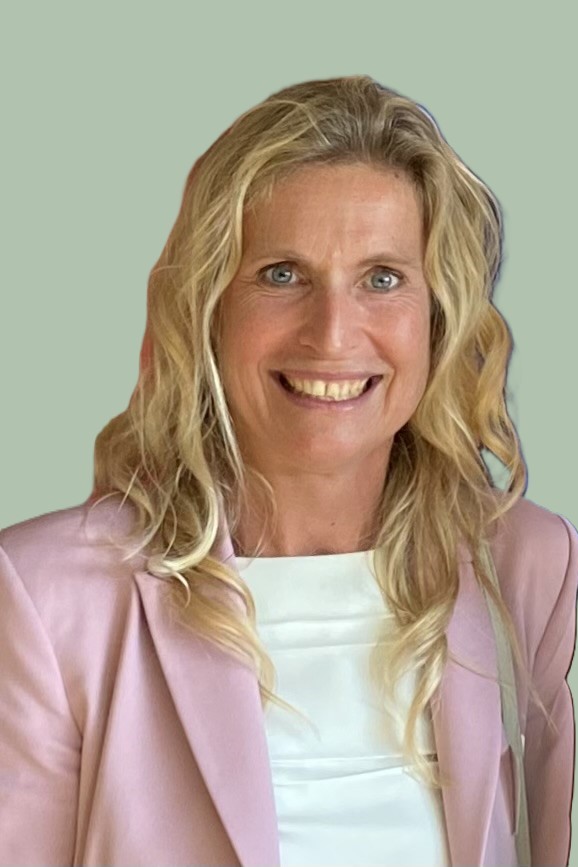EU External Democracy Agenda centre-stage at International Democracy Day Brussels
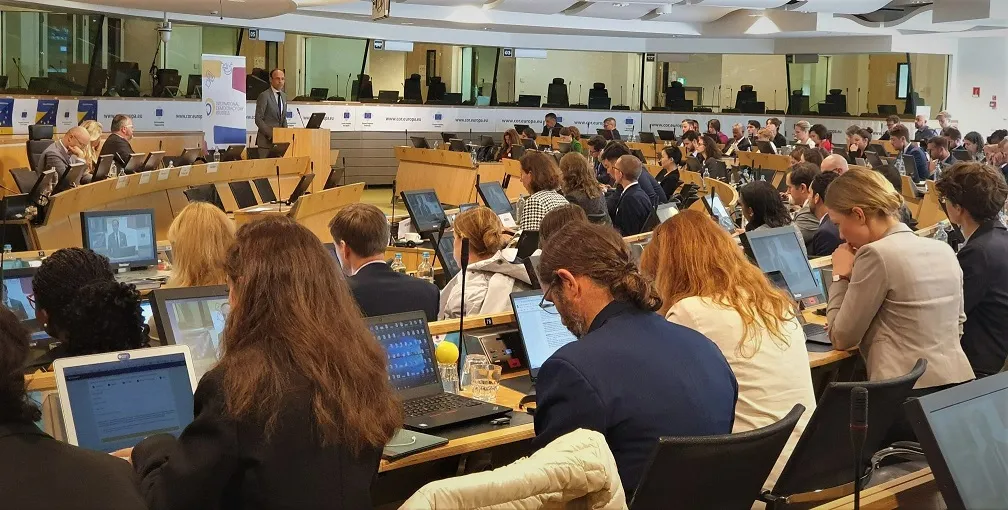
“The alternative to democratic recession is democratic resilience”: Former Prime Minister of Sudan Abdalla Hamdok calls for strengthening democratic resilience as democracy remains a most cherished aspiration of people all over the world at the Brussels Conference.
On 15 September 2022, International IDEA’s Europe team co-organized with key democracy partners—European Endowment for Democracy (EED), European Partnership for Democracy (EPD), European Network of Political Foundations (ENoP) and Carnegie Europe—the 2022 edition of the International Democracy Day Brussels conference. Around 150 participants joined the in-person conference at the European Committee of the Regions. They returned home inspired by the messages and calls for action that leaders, experts and practitioners from across the world shared. Recent geopolitical events, they emphasised, are having a significant impact on democratic development worldwide. The event explored what this means for EU’s democracy action.
Former Prime Minister of Sudan Abdalla Hamdok, also former Regional Director for Africa at International IDEA, participated in the international opening session with a captivating video message. PM Hamdok is the personification of the struggle for democracy and the fight against democratic backsliding in the Global South. In her keynote address, Rana Ayyub, Indian investigative journalist for the Washington Post, called to defend the rights of minorities as a fundamental responsibility for political actors.
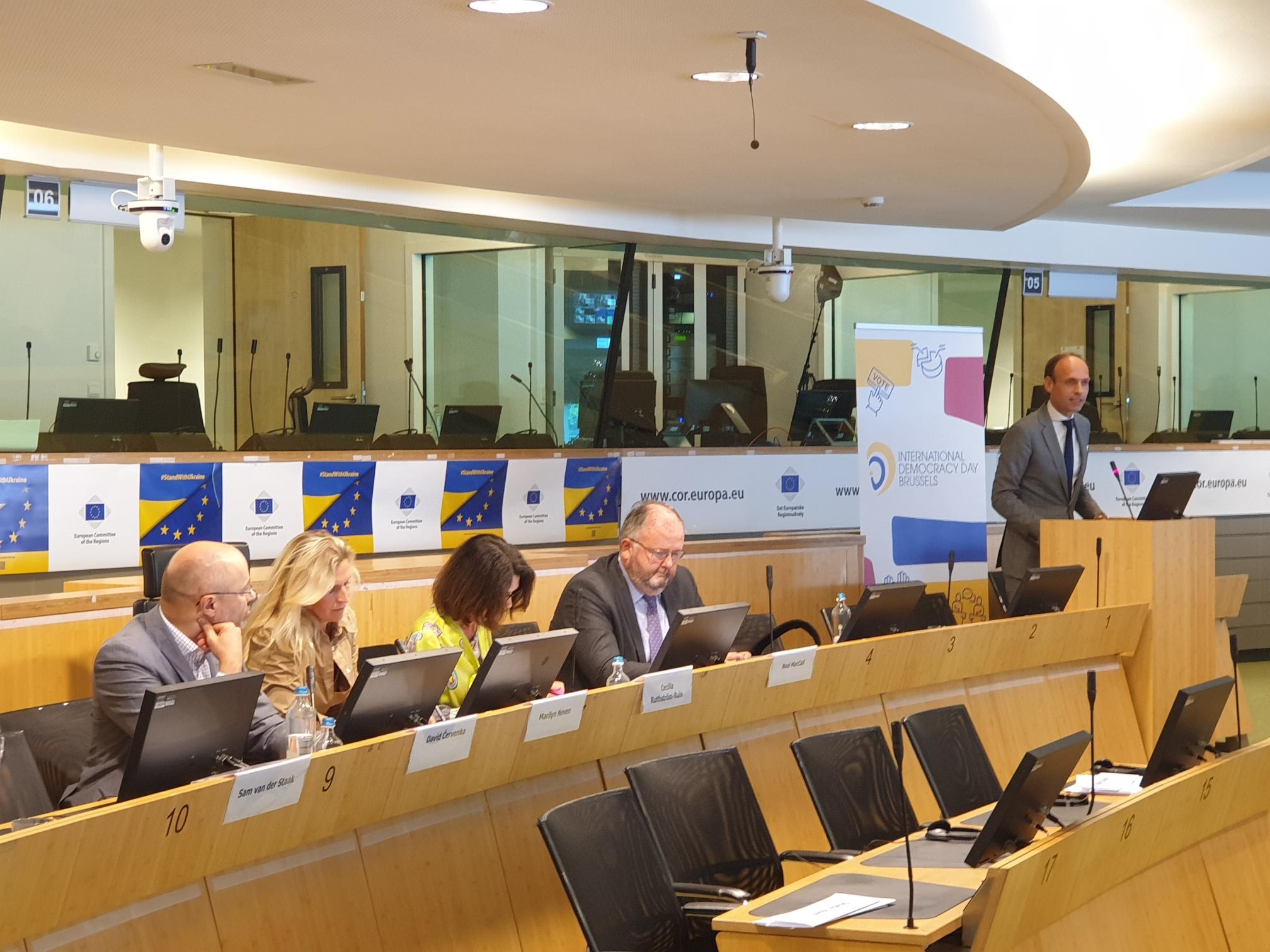
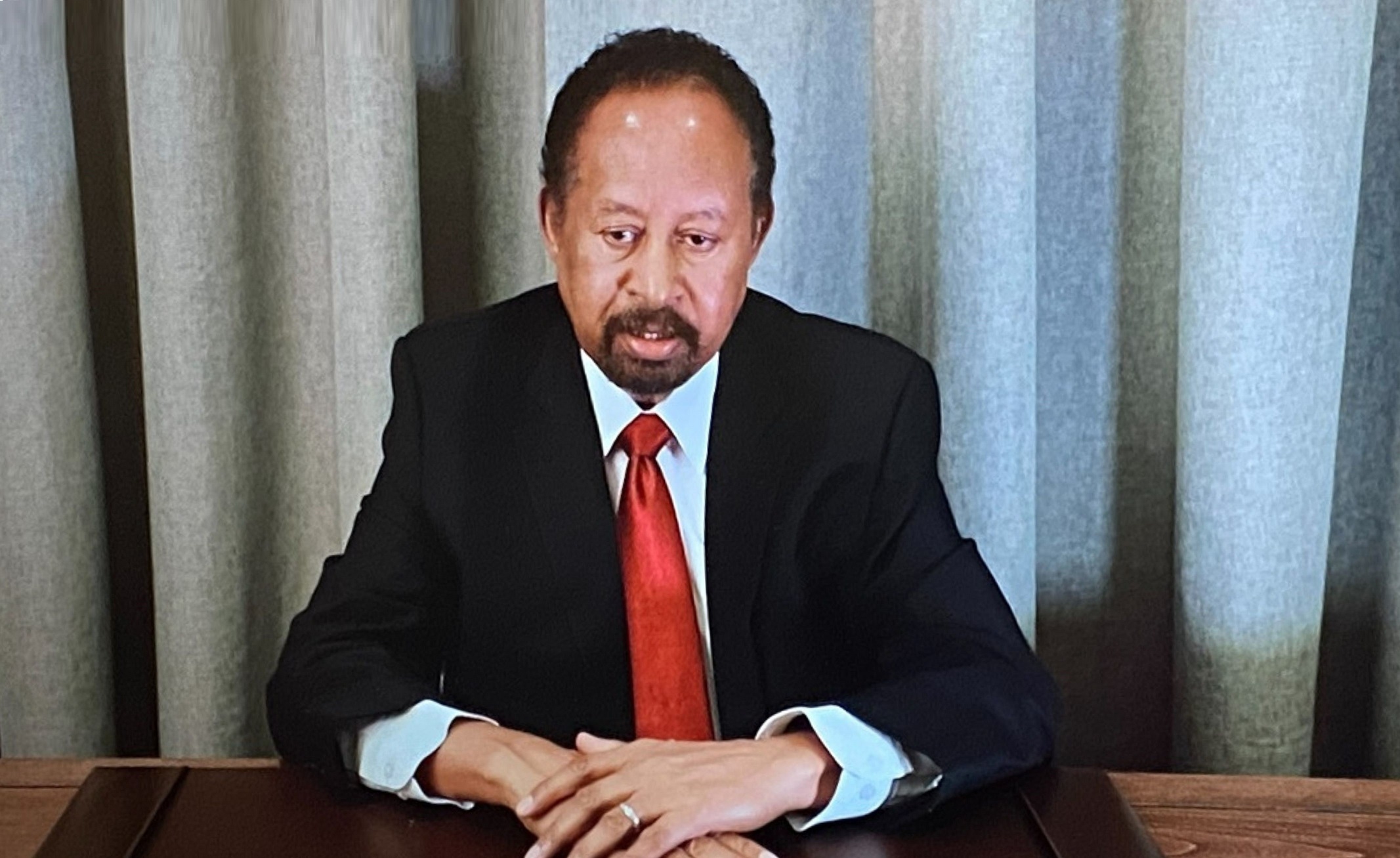
International IDEA hosted the ensuing panel session on “EU Presidencies and the EU External Democracy Agenda: Seizing Momentum for Democratic Change” featuring key speakers on behalf of the current and upcoming EU Council Presidencies as well as the European External Action Service’s new Head of Democracy.
David Červenka, Director for Human Rights and Transition Policy at the Ministry of Foreign Affairs of Czechia, started with key democracy highlights from the Czech Presidency of the Council of the European Union and called for increased efforts from policymakers and stakeholders to turn the tide on democracy. The Presidency identified the role of the media and disinformation, shrinking space for civil society as well as corruption as key topical issues to work on. This was also reflected in Ursula von der Leyen’s recent State of the Union Address. He also pointed out that the implementation of the democracy framework is lagging with an action toolbox created under different circumstances and that there is space for revising it, especially concerning support to civil society.
Cecilia Ruthström-Ruin, Sweden’s Ambassador for Human Rights, Democracy and the Rule of Law, gave a sneak preview of the upcoming Swedish EU Presidency focusing on the expected democracy milestones. Democracy has been a cross-cutting priority for Sweden since many years and the new government may well confirm that direction. The Ambassador also promoted the ongoing collaboration with International IDEA to help achieve the democracy objectives during the Presidency. She underlined the importance to get feedback from civil society so EU can recalibrate its policies. The anti-corruption agenda is a priority for the EU Council Working Party on Human Rights (COHOM), and also for the Working Party on Development Cooperation and International Partnerships (CODEV), which will be focusing on corruption as an issue within development policy. Another priority will be support for Human Rights Defenders and there is a need and space to improve EU support to these actors. She ended with a call to the audience to send inputs for EU’s democracy agenda, as the agenda of the Swedish EU Presidency will be presented at the end of the year by the new government. This also means there is still room to influence the agenda.
Neal Mac Call, the new Head of Division Democracy and Electoral Observation at the European External Action Service, commented on EU’s role on democracy and the planned mid-term review of the EU’s Action Plan on Human Rights and Democracy 2020-2024. He underlined the need to focus more on the nexus between EU’s internal and external action on democracy. He acknowledged that a lot has been already achieved to link these two dimensions, including regarding the implementation practice of the EU Action Plans for both external and internal dimensions of democracy policy, although more can be done.
Marilyn Neven from the Regional Europe Programme moderated the session.
A Parliamentary delegation from Mongolia, an International IDEA Member State, participated actively in several conference sessions.
The celebration of 10th Anniversary of European Parliament engagement in democracy support was announced to take place in November this year.
With many participants from civil society, EU, Member States and other democracy defenders, the team looks back on a great success for the first in-person edition of the International Democracy Day Brussels Conference since the pandemic started in 2020.
